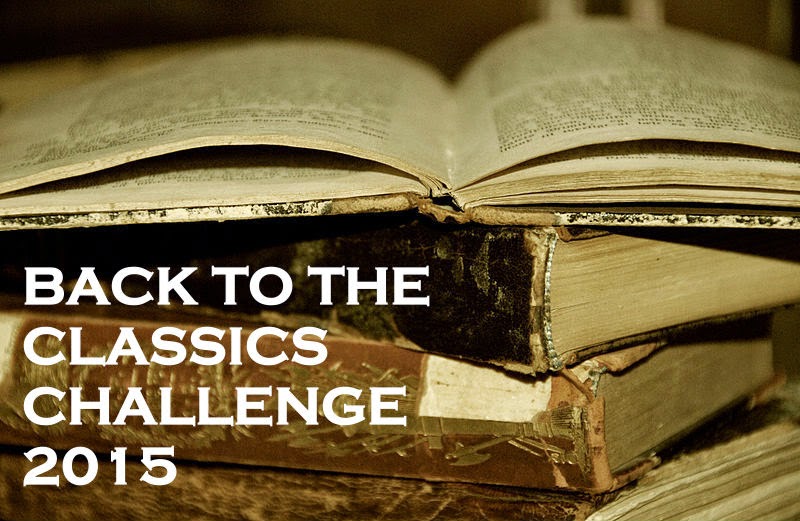There is no simple way of defining love. It can take many shapes, evoke many feelings, and have many effects. In his 1985 novel, Nobel Prize winner Gabriel Garcia Marquez portrays love in every state and under every circumstance. From the first blossom of youth to the withering of old age, one couple's love spans 50 years under the Caribbean sun.
The Plot:
The story begins in a Caribbean port city in the late 19th century. Young Florentino Ariza meets the beautiful Fermina Daza who has just arrived with her father and aunt. After initially being rebuffed by the young girl, Florentino begins a secret correspondence with her which eventually leads to a proposal. When Fermina's father finds out, he takes her away to visit family over a two year period. Upon her return, Fermina has matured from girl to woman, and she rejects Florentino's old proposal. Instead, she decides to marry the older and more renowned doctor Juvenal Urbino.
Though Fermina is now married, Florentino vows never to give up on his dream of marrying her. In the years that follow, Florentino keeps that vow. Through the ups and downs of the Urbino's married life and the loves and lusts of his own, Florentino bides his time until the day he can once again openly proclaim his love for the woman that captured his heart as a boy.
My Review (Caution-Spoilers):
Ok, I've read lot's of books in my life. Books that I have loved, books that I have liked, and books that I could take or leave. But I have never disliked a book as much as disliked this one. God knows why I finished it. Maybe it was so I felt that I had a right to complain. Whatever the reason, I trudged along through each page, wishing that it would just end.
What made me dislike this book so much? It all came down to the characters and the story. Juvenal Urbino, though the character that interested me the most, just didn't connect. I have no idea why Fermina was so sought after by these two men, she didn't strike me as anything special. And then there's Florentino...crazy, obsessed, perverted Florentino. Except maybe for a few rare moments at the beginning of the story, Florentino never shows the selflessness that is true love. He's got obsession and lust by the bucketload, but nothing that I would consider love. When he and Fermina finally get together in the end, it doesn't strike me as being a happy ending for two pining lovers, but rather as an ending where the dirty old man finally gets what he wants (even after he selfishly destroys the life of a young girl in his care).
If there is anything good about this book, it is Marquez's writing. The style is really good and I can understand why he won the Nobel. Heck, if we could read the style without having to actually, you know, read the book then we would be set. Unfortunately, the (how can I phrase this?) "smut" served heavily throughout the novel mars the beauty of the writing in my opinion. Though I think that Marquez's intent was to craft a novel that shows "love" in all of its forms, he succeeds only in showing "carnal love" in all of its forms.
If you liked this book, all I can say is congrats. Marquez didn't become this famous without his novels appealing to a large audience. If you're trying to decide whether or not to add this to your reading list, only you can make that decision. My opinion is that there are better things out there, so I wouldn't put this one near the top.
The Movie:
In 2007, Mike Newell directed an adaptation of the novel starring Javier Bardem, Giovanna Mezzogiorno, and Benjamin Bratt. Most critics claim it is nowhere near as good as the novel. Considering my feelings on that, I have no intention of seeing this.
The Plot:
The story begins in a Caribbean port city in the late 19th century. Young Florentino Ariza meets the beautiful Fermina Daza who has just arrived with her father and aunt. After initially being rebuffed by the young girl, Florentino begins a secret correspondence with her which eventually leads to a proposal. When Fermina's father finds out, he takes her away to visit family over a two year period. Upon her return, Fermina has matured from girl to woman, and she rejects Florentino's old proposal. Instead, she decides to marry the older and more renowned doctor Juvenal Urbino.
Though Fermina is now married, Florentino vows never to give up on his dream of marrying her. In the years that follow, Florentino keeps that vow. Through the ups and downs of the Urbino's married life and the loves and lusts of his own, Florentino bides his time until the day he can once again openly proclaim his love for the woman that captured his heart as a boy.
My Review (Caution-Spoilers):
Ok, I've read lot's of books in my life. Books that I have loved, books that I have liked, and books that I could take or leave. But I have never disliked a book as much as disliked this one. God knows why I finished it. Maybe it was so I felt that I had a right to complain. Whatever the reason, I trudged along through each page, wishing that it would just end.
What made me dislike this book so much? It all came down to the characters and the story. Juvenal Urbino, though the character that interested me the most, just didn't connect. I have no idea why Fermina was so sought after by these two men, she didn't strike me as anything special. And then there's Florentino...crazy, obsessed, perverted Florentino. Except maybe for a few rare moments at the beginning of the story, Florentino never shows the selflessness that is true love. He's got obsession and lust by the bucketload, but nothing that I would consider love. When he and Fermina finally get together in the end, it doesn't strike me as being a happy ending for two pining lovers, but rather as an ending where the dirty old man finally gets what he wants (even after he selfishly destroys the life of a young girl in his care).
If there is anything good about this book, it is Marquez's writing. The style is really good and I can understand why he won the Nobel. Heck, if we could read the style without having to actually, you know, read the book then we would be set. Unfortunately, the (how can I phrase this?) "smut" served heavily throughout the novel mars the beauty of the writing in my opinion. Though I think that Marquez's intent was to craft a novel that shows "love" in all of its forms, he succeeds only in showing "carnal love" in all of its forms.
If you liked this book, all I can say is congrats. Marquez didn't become this famous without his novels appealing to a large audience. If you're trying to decide whether or not to add this to your reading list, only you can make that decision. My opinion is that there are better things out there, so I wouldn't put this one near the top.
The Movie:
In 2007, Mike Newell directed an adaptation of the novel starring Javier Bardem, Giovanna Mezzogiorno, and Benjamin Bratt. Most critics claim it is nowhere near as good as the novel. Considering my feelings on that, I have no intention of seeing this.



















